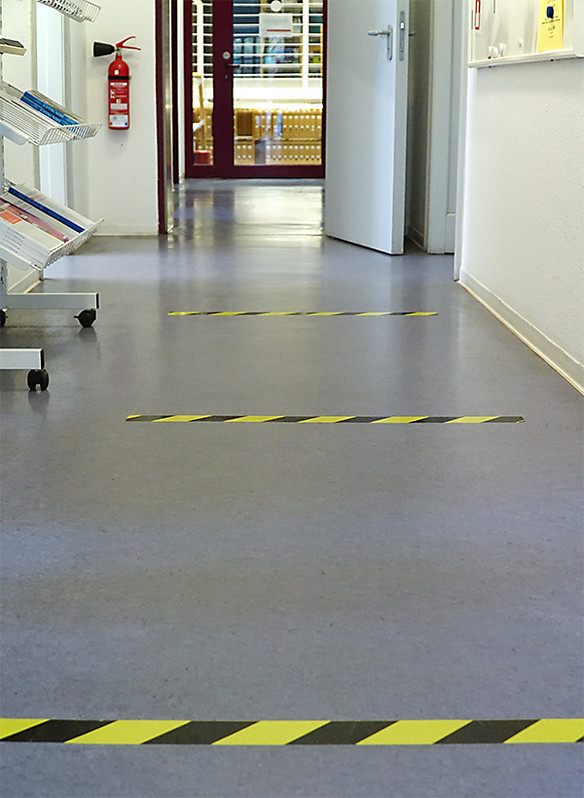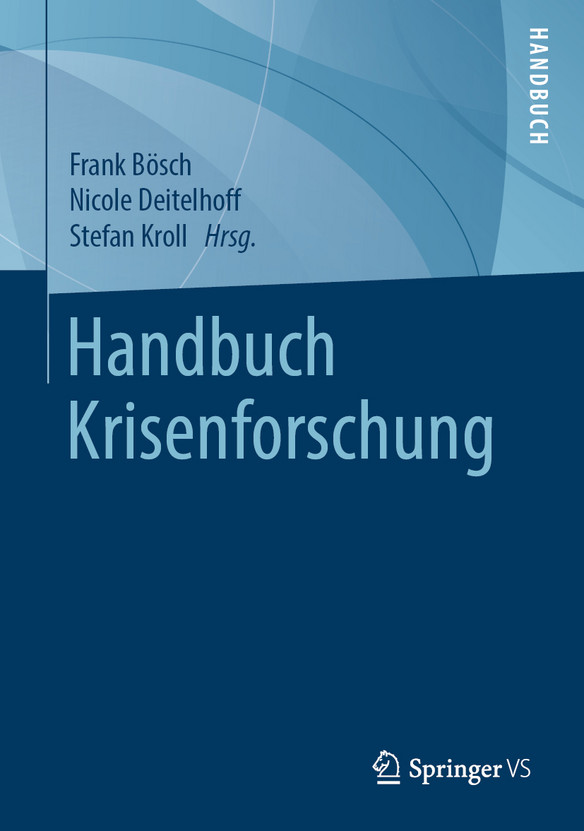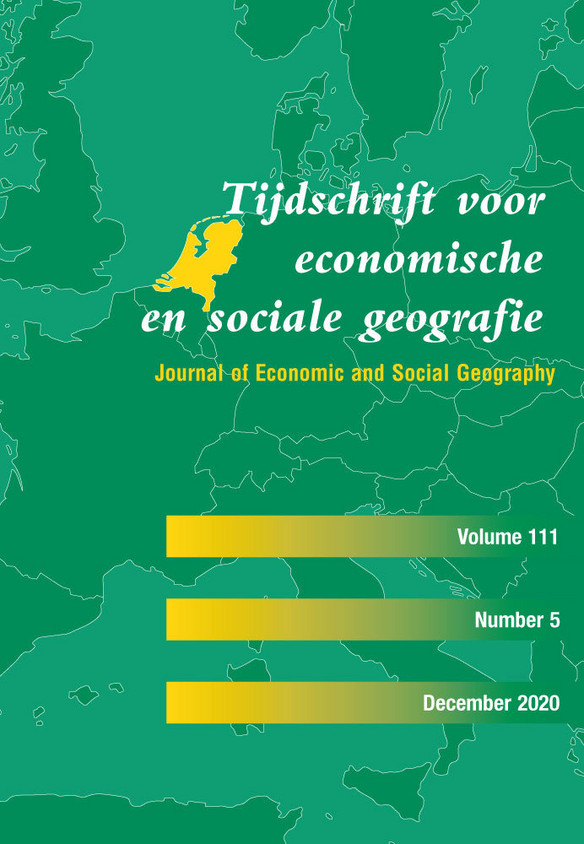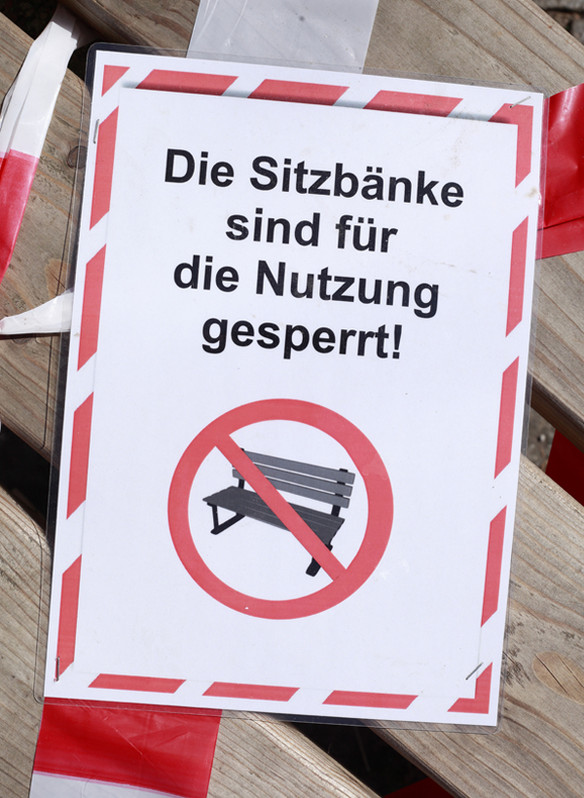Main Content
Creativity from Crisis
No 19 | July 2021
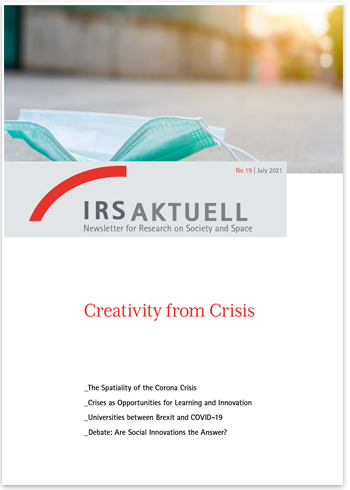
A crisis presents actors with an imminent threat, fundamental uncertainty, and a necessity to act under immense time pressure. Crises can lead into disaster, but they do not necessarily do so. Crises can also be turning points for the better. Notably, they can foster creativity and innovation. In this issue of IRS aktuell we reflect on the current coronavirus crisis, other crises like that experienced by internationally oriented universities under the conditions of Brexit, but also crisis and innovation in general. We also present some key contributions by IRS scholars to contemporary debates about crises.


